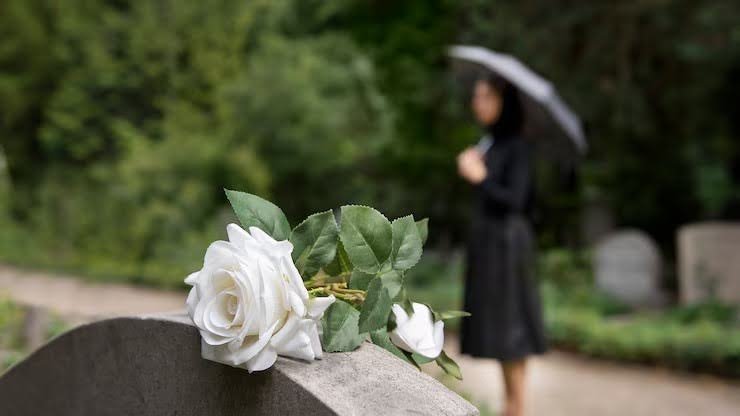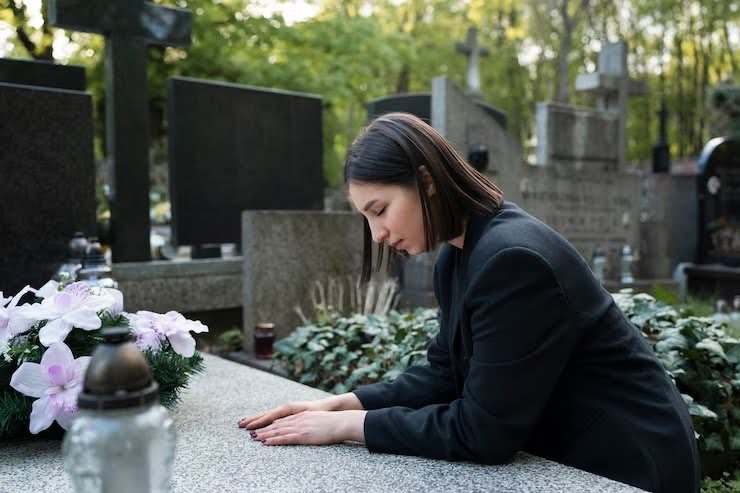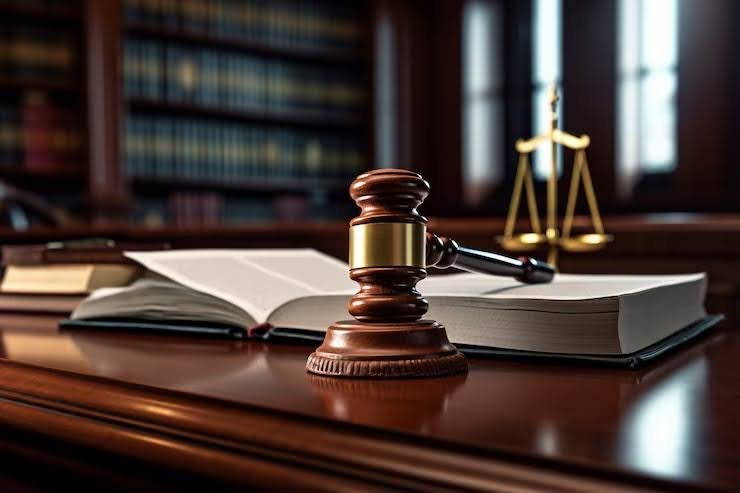
In Singapore, the law takes the protection of the deceased seriously, ensuring their dignity is upheld even after passing.
While this might not be a topic most people consider, offences against the dead can occur, ranging from misappropriating their belongings to desecrating their remains. For family members dealing with the loss of a loved one, understanding what constitutes such offences and how to act on them can be critical.
This blog will explain what offences against the dead are and what family members can do to protect their loved one’s memory and legacy under Singapore law.
What Are Offences Against the Dead?
Offences against the dead are actions that desecrate or dishonour the deceased or their remains. In Singapore, these offences are taken very seriously as they violate the respect owed to individuals, even after death. Such crimes can range from acts of vandalism on tombstones to more severe crimes like the illegal disposal of a body or mishandling a deceased person’s property.
Under Singaporean law, these offences are punishable by various penalties, depending on the severity of the act. These laws reflect a broader societal belief in respect for the deceased and the importance of protecting their legacy for the benefit of their family.
Common Offences Against the Dead in Singapore

In Singapore, offences against the dead are taken seriously, as they violate the dignity of the deceased and cause emotional distress to the family. Such actions are punishable by strict penalties under the law to protect both the deceased and their family members.
1. Desecration of Remains or Burial Sites
The desecration of graves, human remains, or burial sites is considered one of the most egregious offences against the dead in Singapore. It encompasses actions like vandalising gravestones, disturbing human remains, or even improperly disposing of a deceased person’s body.
The law in Singapore takes this offence very seriously, with penalties that can include heavy fines and imprisonment. Specifically, under Section 297 of the Penal Code, a person convicted of desecrating a grave or disturbing a dead body can face up to 2 years in prison, a fine, or both. This penalty reflects the severe damage such acts cause to the dignity of the deceased and the emotional harm inflicted on the family.
2. Improper Handling of Property
When a person dies, their property, both physical and financial, must be managed in accordance with their will or legal requirements. Mishandling this property can be a form of theft or fraud, and the individual responsible can face criminal charges.
Examples of improper handling include taking property without permission or failing to follow the directions in a will regarding the distribution of assets. In some cases, relatives or other parties may unlawfully access or dispose of the deceased’s assets. Offenders can be charged under Section 404 of the Penal Code for criminal misappropriation or theft.
Those found guilty of such offences may face up to 7 years of imprisonment, a fine, or both, depending on the extent of the offence and the value of the stolen property.
3. Fraudulent Death Certificates
Using a fraudulent death certificate to gain access to a deceased person’s assets or to make illegal claims against their estate is another offence that can have serious consequences. Fraudulently obtaining a death certificate or falsifying information on it undermines the integrity of the legal system and defrauds both the deceased’s estate and potential heirs.
This offence is taken seriously under Section 465 of the Penal Code, which deals with forgery and false documents. Convictions for forging death certificates can lead to up to 4 years of imprisonment, a fine, or both. This penalty highlights the importance of maintaining integrity and honesty when dealing with legal documents that affect both the deceased’s legacy and the rights of family members.
What Family Members Can Do

Family members often feel vulnerable after the loss of a loved one, but understanding their legal rights and the actions they can take is important in such circumstances. Here’s what family members can do to safeguard their loved one’s dignity and legacy:
1. Report the Offence
If family members suspect any form of dishonour or unlawful action against the deceased, they should immediately report it to the police. A prompt report can ensure that the matter is dealt with swiftly.
2. Take Legal Action for Desecration
If a grave or burial site is desecrated, the family can seek justice through legal action in the Court. The offender may face serious penalties, including imprisonment, depending on the severity of the offence. Family members may also seek compensation for emotional distress caused by the act.
3. Challenge Fraudulent Wills or Assets
In cases where there’s suspicion that assets have been wrongfully taken from the deceased, family members can contest fraudulent wills or take legal action for theft of estate property. They can approach the Court to protect their interests and those of the deceased.
4. Ensure the Respect of the Deceased’s Wishes
One of the key responsibilities of family members is to ensure the deceased’s wishes are respected, especially regarding funeral arrangements, organ donations, or inheritance. Legal action can be taken if those wishes are not honoured.
Conclusion About Offences Against The Dead In Singapore
In dealing with offences against the dead, family members may feel overwhelmed and unsure of what steps to take. However, knowing the legal recourse available can empower them to safeguard their loved one’s legacy. For situations involving desecration or improper handling of a loved one’s estate, seeking advice from a professional criminal lawyer is highly recommended.
At Tembusu Law, we pride ourselves on being the best criminal lawyers and family lawyers in Singapore, offering expert guidance and representation in these delicate matters.
If you find yourself in such a situation, don’t hesitate to contact us for a free consultation.
Frequently Asked Questions About Offences Against The Dead In Singapore
Are Family Members Able To Take Legal Action If A Deceased Person’s Grave Is Desecrated?
Yes, family members can report the offence to the police and seek legal action in the Court to ensure justice is served.
Can A Family Member Be Charged With A Crime For Mishandling A Deceased Person’s Property?
Yes, mishandling a deceased person’s property, including theft or wrongful distribution of assets, can result in criminal charges.
What Can Family Members Do If They Suspect A Fraudulent Death Certificate Was Used?
Family members can report the fraudulent death certificate to the authorities, who can investigate the matter and take legal action.
How Can A Family Member Ensure That A Deceased’s Will Is Honoured?
If there is a dispute over the deceased’s will, family members can challenge the will in Court, ensuring the deceased’s wishes are respected.
What Are The Penalties For Desecrating A Grave In Singapore?
Penalties for desecrating a grave or human remains in Singapore can include fines, imprisonment, or both, depending on the severity of the offence.